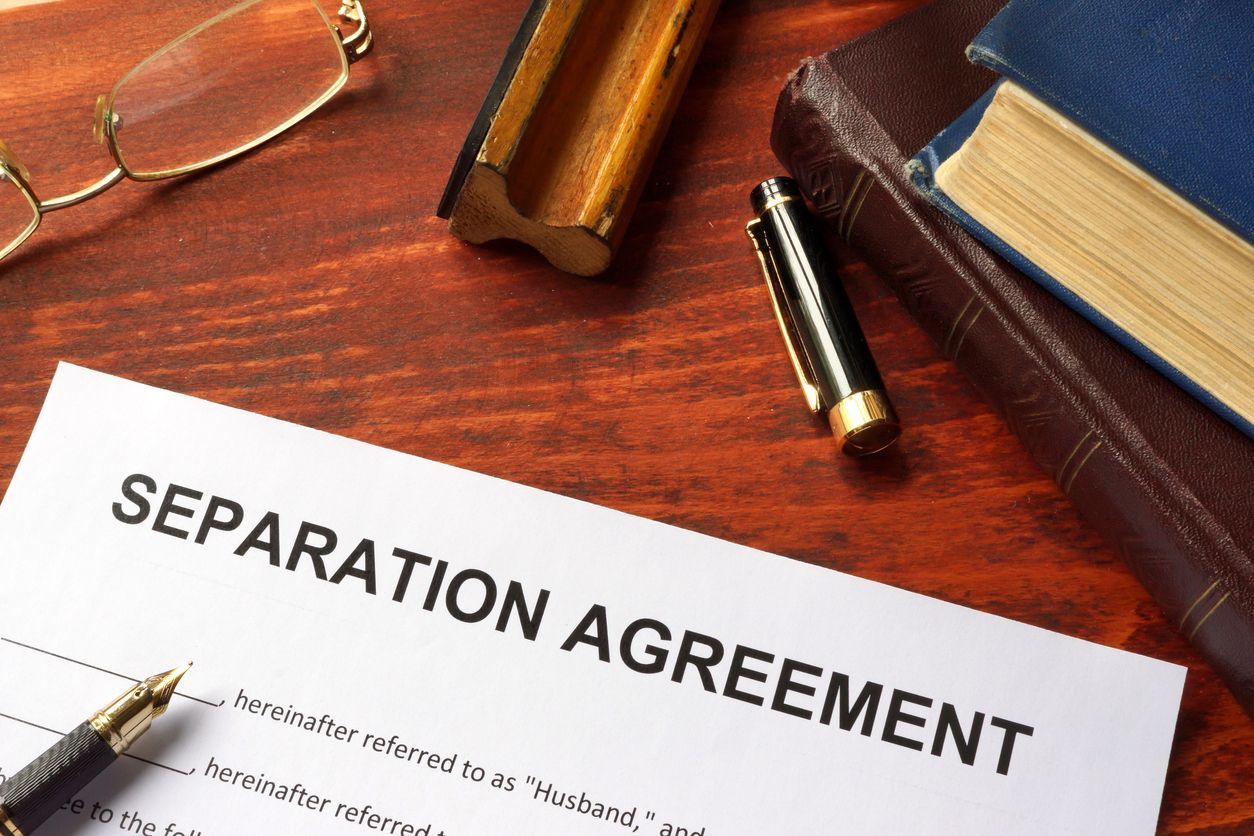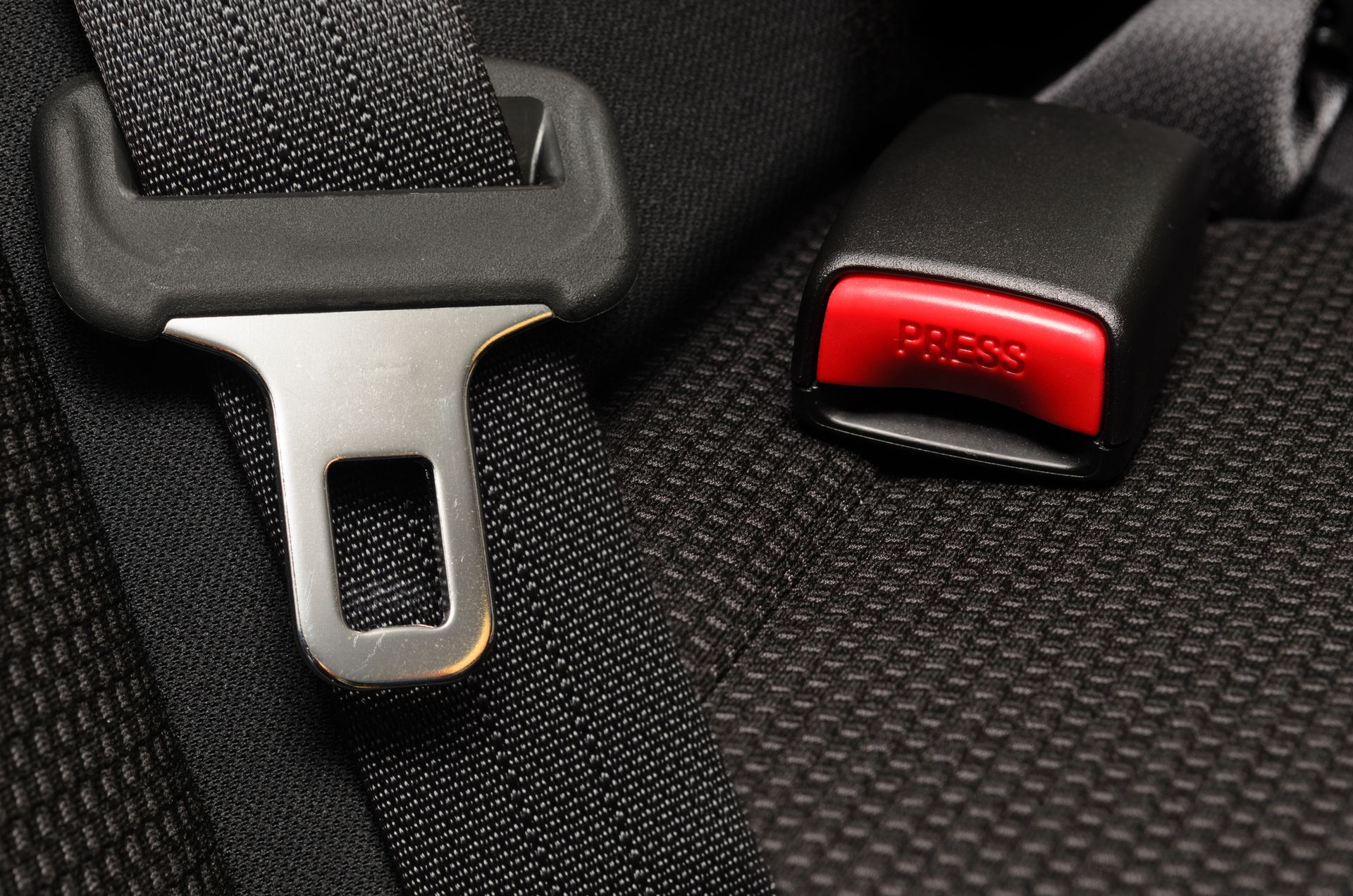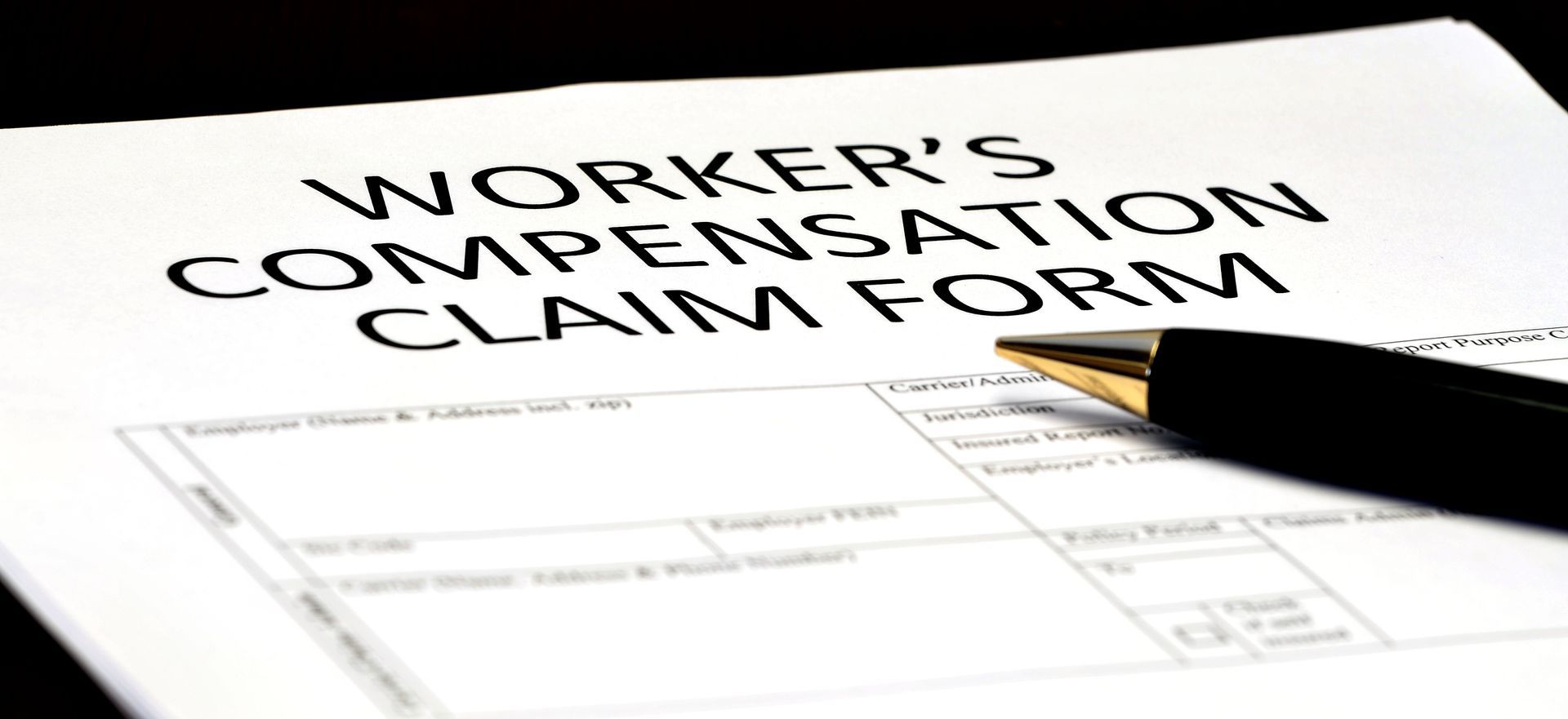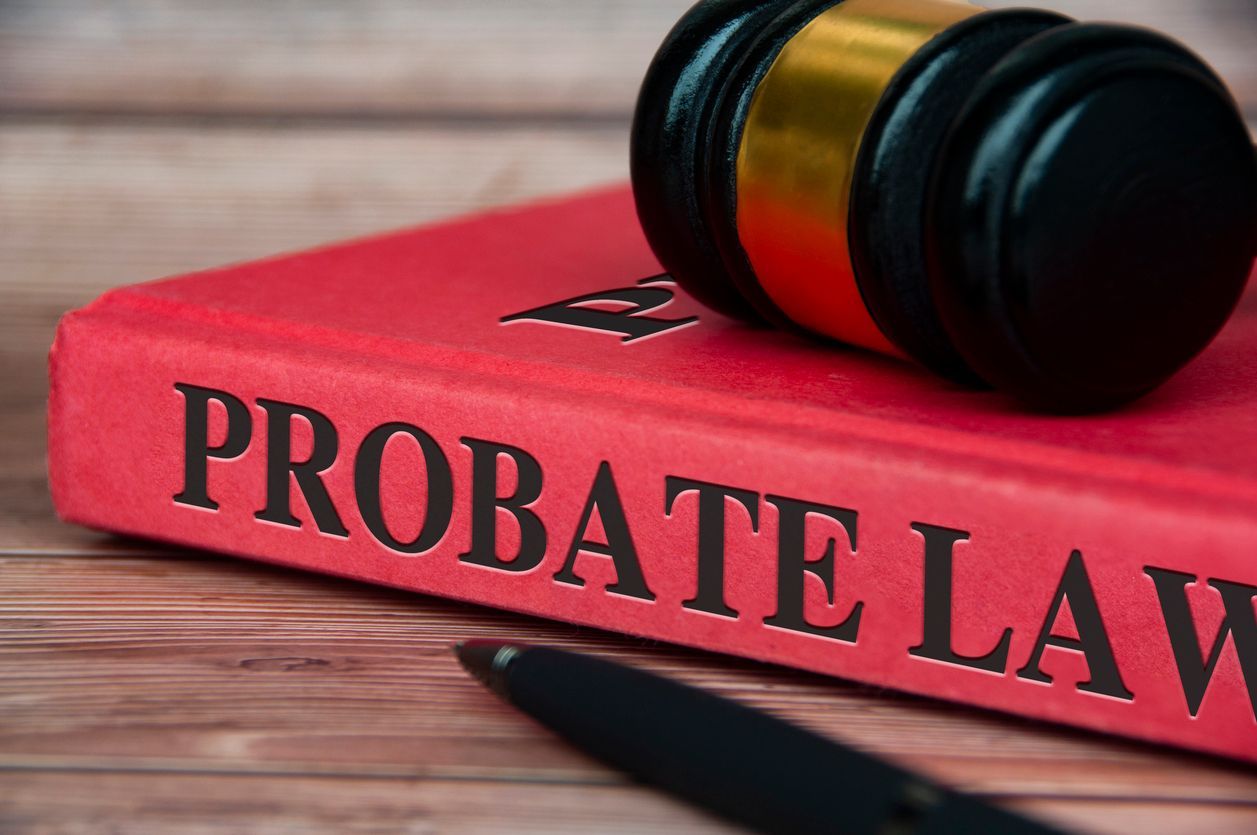Work Comp FAQs
Finder Law Serves Clients Across Jefferson City, Columbia, and Central Missouri
At Finder Law, LLC, we understand that dealing with a workplace injury can be a stressful and confusing experience. If you’ve been injured on the job in Missouri, it’s important to understand your rights and how the workers’ compensation system works. In this blog post, we’ll answer some of the most frequently asked questions about Missouri workers’ compensation to help you navigate the process and ensure you receive the benefits you deserve.
What is Workers’ Compensation?
Workers’ compensation is a state-mandated insurance program that provides financial benefits and medical care to employees who are injured while performing their job duties. In Missouri, the program is designed to cover:
• Medical expenses related to the injury.
• Wage replacement if you are unable to work due to the injury.
• Rehabilitation costs if you require therapy to return to work.
• Permanent disability benefits if your injury results in a lasting impairment.
The system is “no-fault,” meaning you don’t have to prove your employer was negligent to receive benefits. In exchange for these benefits, employees generally give up the right to sue their employer for personal injury.
How Do I File a Workers’ Compensation Claim in Missouri?
To file a workers’ compensation claim in Missouri, you must:
- Report the injury to your employer as soon as possible. Missouri law requires you to notify your employer within 30 days of the injury. Failure to do so may result in losing your right to benefits.
- Seek medical treatment for your injury. You may be required to see a physician authorized by your employer’s insurance company, although in emergency situations, you can seek immediate care.
- File a claim with the Missouri Division of Workers' Compensation. After reporting your injury, your employer should file the claim with their insurance carrier. If your employer does not file the claim, you can file it directly with the Division of Workers’ Compensation.
What Types of Injuries Are Covered by Workers’ Compensation?
Workers’ compensation covers a wide range of workplace injuries, including:
- Accidents: Injuries caused by falls, machinery accidents, or vehicle collisions while performing job duties.
- Repetitive stress injuries: Conditions such as carpal tunnel syndrome or back pain resulting from repetitive motions.
- Occupational diseases: Illnesses that develop due to long-term exposure to harmful substances or conditions (e.g., asbestos exposure leading to lung disease).
- Psychological injuries: In some cases, Missouri workers’ compensation may cover mental health conditions such as post-traumatic stress disorder (PTSD) resulting from a workplace injury or trauma.
However, workers’ compensation generally does not cover injuries that occur outside of work or those caused by employee misconduct (e.g., injuries sustained while intoxicated).
How Are Workers’ Compensation Benefits Calculated in Missouri?
The amount of workers’ compensation benefits you can receive in Missouri depends on the severity of your injury and your average weekly wages (AWW) prior to the injury.
- Temporary Total Disability (TTD): If you are unable to work due to your injury, you may be entitled to TTD benefits. TTD benefits generally equal 66.67% of your average weekly wage, subject to maximum and minimum limits set by Missouri law.
- Permanent Partial Disability (PPD): If you have a permanent disability that limits your ability to work, you may be entitled to PPD benefits. The amount depends on the severity of the disability and the body part affected.
- Permanent Total Disability (PTD): If your injury permanently prevents you from working in any capacity, you may qualify for PTD benefits, which are calculated at the same rate as TTD benefits.
- Medical Benefits: Workers’ compensation also covers the cost of necessary medical treatments related to your injury, including surgeries, doctor visits, prescriptions, physical therapy, and medical equipment.
Can I Choose My Own Doctor for Workers’ Compensation?
In Missouri, your employer or its insurance company typically has the right to choose your treating physician. However, if your employer’s insurer has authorized a specific doctor or network of healthcare providers, you are required to see that provider for your workers' compensation care.
If you are dissatisfied with the authorized doctor or wish to seek treatment from another physician, you may be able to request a change. In some cases, you may need approval from your employer or the insurance company to change doctors, or you may have to seek a second opinion from an independent physician.
What Happens If My Workers’ Compensation Claim Is Denied?
If your workers' compensation claim is denied, you have several options:
- Appeal the denial: You can file an appeal with the Missouri Division of Workers’ Compensation. The appeal process will involve a hearing before an administrative law judge (ALJ), where both sides can present evidence.
- File a legal action: In some cases, you may be able to file a lawsuit against your employer or the insurer if they are acting in bad faith or unlawfully denying your claim.
It’s crucial to consult with an experienced workers’ compensation attorney if your claim is denied to help you navigate the appeals process and fight for the benefits you deserve.
Can My Employer Retaliate Against Me for Filing a Workers’ Compensation Claim?
No, Missouri law prohibits employers from retaliating against employees who file workers' compensation claims. Retaliation can include firing, demoting, or otherwise mistreating an employee for seeking workers' compensation benefits. If you believe your employer has retaliated against you, you may have grounds to file a retaliation lawsuit.
What Happens If I Return to Work Before My Injury Is Fully Healed?
If you return to work before your injury has fully healed, you may still be entitled to workers’ compensation benefits, particularly if your doctor has not fully cleared you to return to your regular duties. If you experience a recurrence or worsening of your symptoms after returning to work, you may be able to reopen your workers' compensation claim.
It’s important to communicate with your doctor and employer about your return-to-work status to avoid jeopardizing your benefits.
How Long Do I Have to File a Workers’ Compensation Claim in Missouri?
In Missouri, you generally have two years from the date of the injury to file a workers’ compensation claim. However, it’s recommended to report the injury as soon as possible, as delays in reporting can complicate the process or result in lost benefits.
Conclusion
Workers’ compensation is a valuable resource for employees injured on the job in Missouri. Understanding your rights and the steps involved in filing a claim can help you ensure that you receive the benefits and care you need during your recovery. If you have questions about your workers’ compensation claim or need assistance navigating the process, Finder Law, LLC is here to help. Our experienced attorney, Daniel Finder, is dedicated to protecting your rights and fighting for the compensation you deserve.
If you’ve been injured at work and need legal advice, contact Finder Law, LLC today for a consultation.












